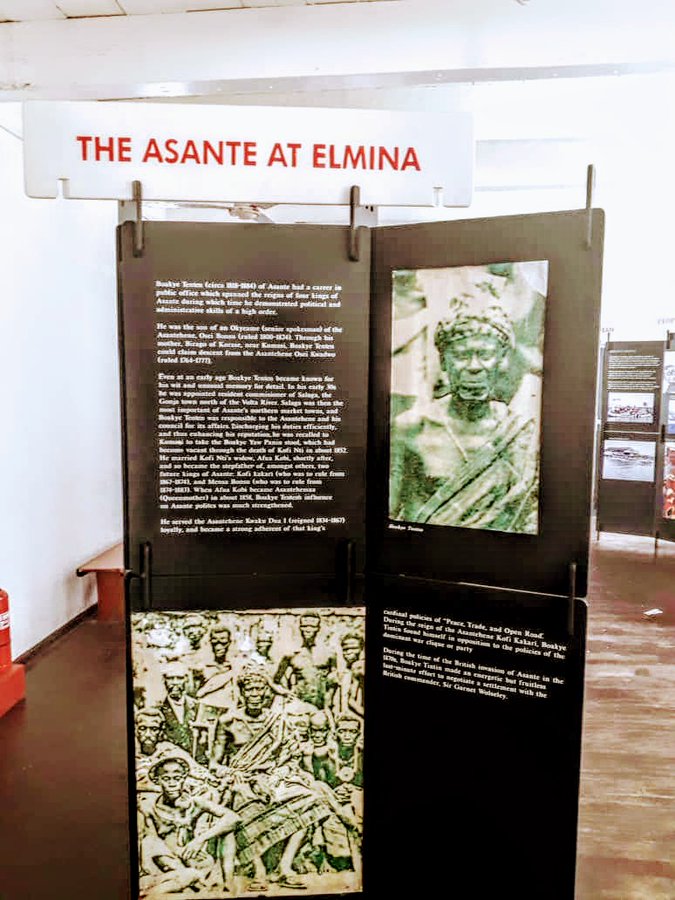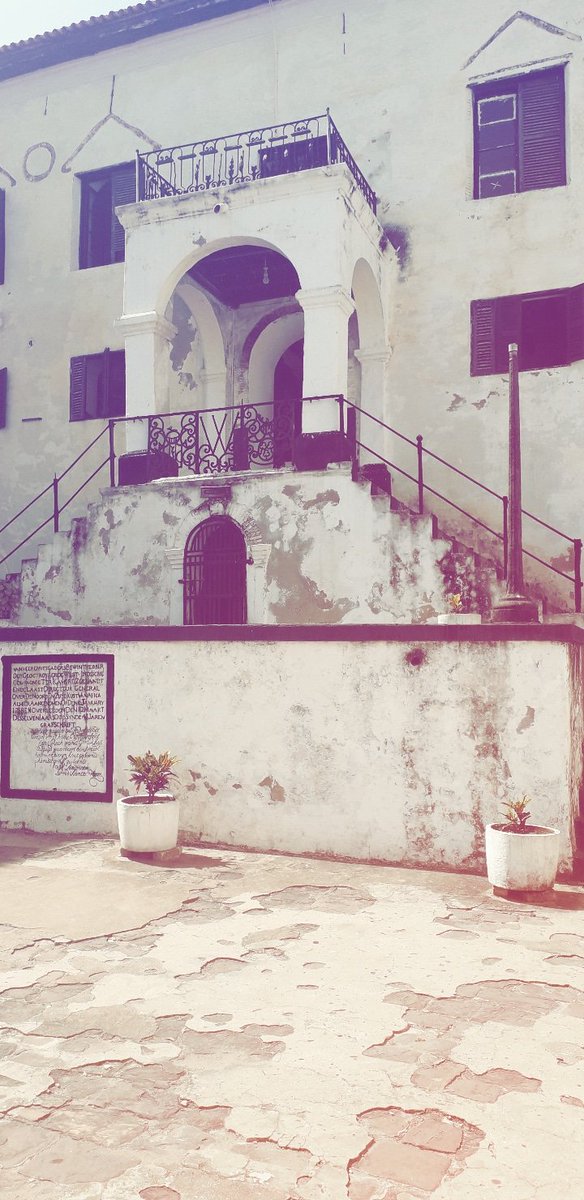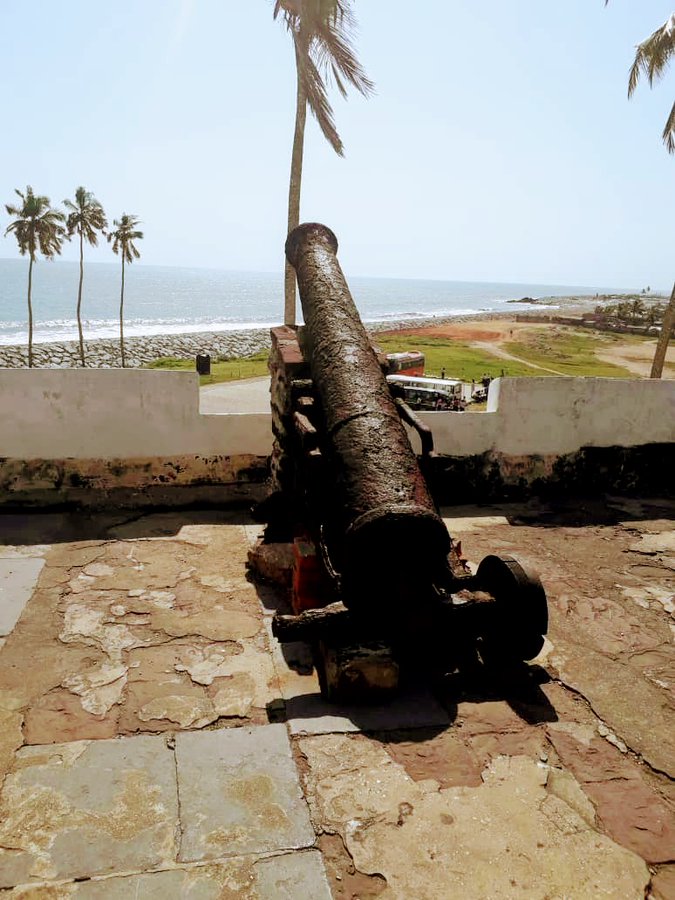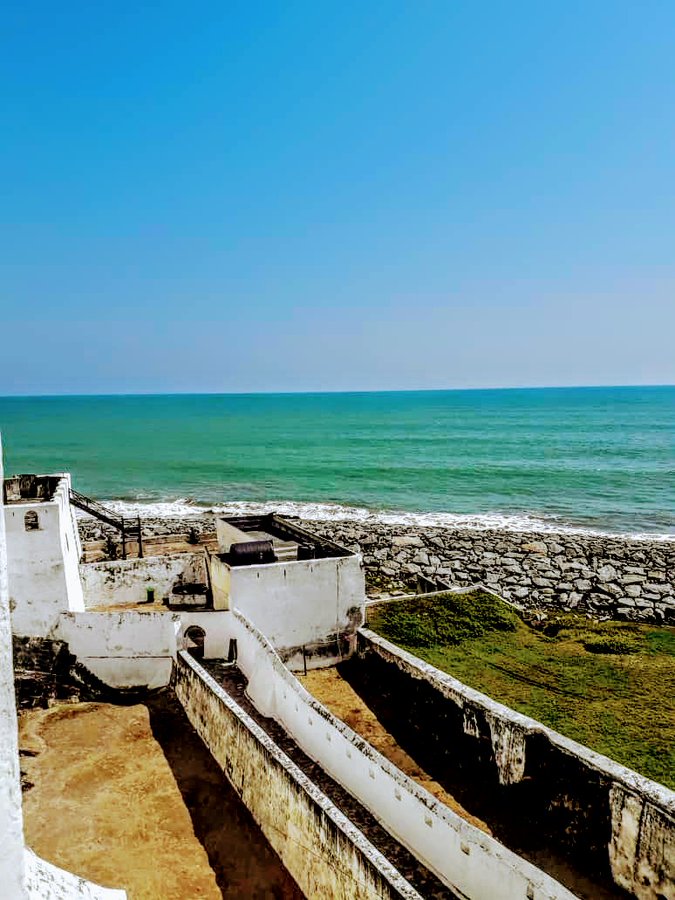




Elmina, Southern Coast of Ghana
Traveling Light@travelinglight
1 year ago
Elmina is a historic town located on the southern coast of 📍Ghana, , known for its rich cultural heritage and deep connection to the transatlantic slave trade. Its history is closely tied to the Elmina Castle, and one of the oldest European-built structures in sub-Saharan Africa.
Elmina's story began long before European contact, as the area was originally inhabited by the Akan people, who were engaged in regional trade, including gold, ivory, and other valuable resources. The town's name, "Elmina," is derived from the Portuguese word "A Mina," meaning "the mine," which reflects its significance as a gold trading hub.
In 1482, Portuguese explorers, led by Diogo de Azambuja, arrived at the coast and established Elmina Castle (also known as São Jorge da Mina or St. George of the Mine Castle). This was the first permanent European trading post in West Africa. The castle was built to protect Portuguese interests in the region, particularly the lucrative gold trade.
While gold was initially the primary commodity, the focus of trade at Elmina eventually shifted to enslaved Africans, especially in the 17th century. Elmina Castle became one of the major centers of the transatlantic slave trade. Thousands of Africans were captured and held in the dungeons of the castle before being shipped across the Atlantic to the Americas.
Elmina was a strategic location due to its position along the coast, making it a key point in the triangle trade between Europe, Africa, and the Americas. The brutal conditions endured by enslaved people in the castle’s dungeons, before they were forced onto ships, remain one of the darkest chapters in global history.
The Portuguese controlled Elmina Castle for over 150 years, but in 1637, the Dutch captured it after a series of conflicts. The Dutch West India Company took control of the castle and continued to use it as a center for the slave trade. The Dutch remained in power until 1872 when the British took control of the Gold Coast, which included Elmina.
By the early 19th century, international pressure and abolition movements led to the decline of the transatlantic slave trade. Although slavery itself continued in various forms, Elmina’s role as a major hub for the trade diminished. The British maintained control over the region, eventually integrating it into what became modern-day Ghana.
Today, Elmina is a reminder of both the town's deep African heritage and the brutal history of European colonization and the slave trade. Elmina Castle has been preserved as a museum and a memorial, attracting thousands of visitors each year who come to learn about this painful period in history.
Elmina also remains a vibrant fishing community, where traditional practices continue to thrive. The town is a symbol of resilience, and its historical significance serves as both a cautionary tale and a vital point of remembrance for the millions affected by the transatlantic slave trade.
Photo: ColdeNathanael
📍Ghana, Ghana
#neighbors
